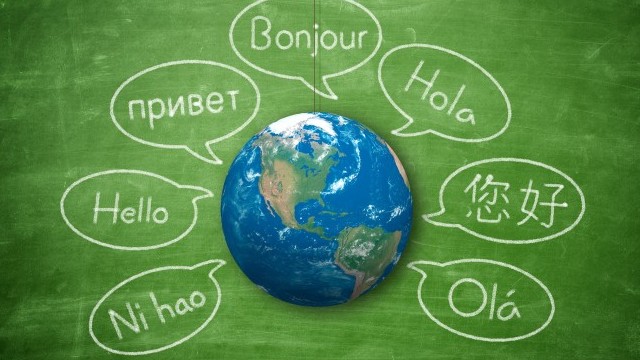过去将来完成时的结构

过去将来完成时指,在过去的时间来看,将来的某段时间会已经完成的动作或是状态。其基本结构是“would+have+动词的过去分词”,经常和by now、by then等搭配。
一、构成方法
过去将来完成时由“would+have+过去分词”构成。
二、用法及用例
过去将来完成时表示在过去看来将来某时会已经完成的动作:
She said she’d have finished her exams by then. 她说那时她会已经考完试了。
I thought Sophia would have told you something. 我想索菲娅会已告诉你一地情况。
I thought you would have finished by now. 我想你现在一定已经干完了。
There are a lot of things I should have liked to ask you. 有好些事我本想问你的。
He knew by the time he arrived she would have gone home. 他知道他到时她会已经回家了。
Well, well! Who would have guessed it! 真是的! 这谁会想到呀!
1. It is still more shadowy to guess what Hitler would have done.
要猜测希特勒会采取什么行动,那就更难令人捉摸了.
2. Surely if he planned to go to war over Berlin, he would have done so already.
可以肯定,如果他打算在柏林问题上挑动战争, 他早就这样做了.
3. But the poor girl's dumb eloquence irritated her father more than anything else would have done.
但是,她泄露哀情的沉默比其他任何东西都更使父亲不高兴.
4. I just did what anyone would have done in my situation.
我所做的事情,别人在我的处境下也会这么做的.
5. Do the things you would have done - dress up, don't be late, charmingly.
做第一次约会时会做的东西 – 悉心打扮一下, 不要迟到, 驶出你的吸引力.
6. I just did anyone would have done in my situation.
我所做的工作,别人在我的处境下也会这么做的.
7. That what I would have done as a coach too.
如果我是个教练,我也会那么做.
8. This would have done better in poesy; where transcendencies are more allowed.
这句话如果是一句诗,也许更好一点,因为在诗里头,高夸的说法,好象是更为可许似的.
- 相关热点:
- 冰淇英文怎么说











